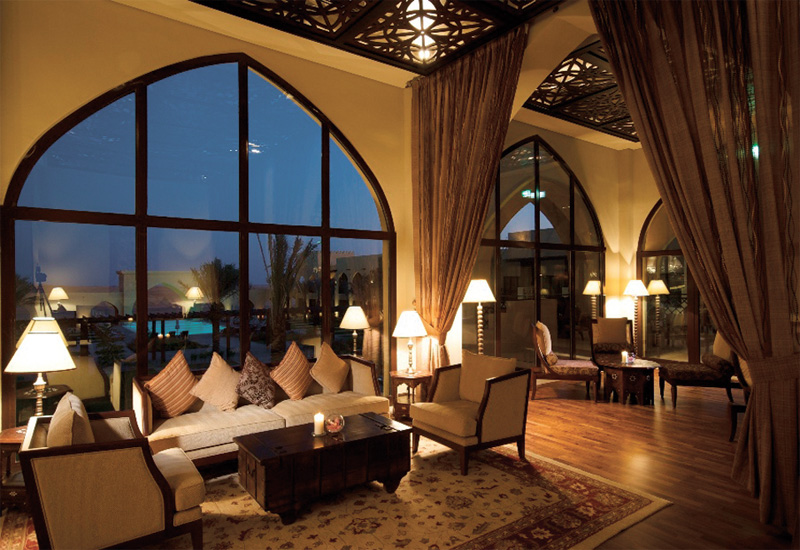Knowing your stregnths
“Know your product strengths, your customers and your competitors and make sure you review your selling strategy on all channels every day, and re-forecast as necessary,” Markiewicz advises.
“Select which business will give you the best total revenue and profit and not just what is best for one day.”
The problem some hotels are having is with risk and trust, ResNet World’s Mehta says. “Revenue managers have to seek permission on everything they do which prohibits smart, quick decision making.

| Advertisement |
I am not saying give them carte blanche, but there needs to be a framework in which they can work so it does not prevent hoteliers getting the tools they need to be successful.
Owners and GMs need to change the way they operate and they need to put more power into their employees’ hands. As most hoteliers are risk averse and care about job security, they are not reaching their profitability potential and taking the easy approach through dependency on wholesalers and OTAs.”
Integration
When on the lookout for a revenue management system, hotels are advised that finding something which integrates with other hotel systems is essential.
“Having a revenue management system working together with a channel distribution system can push and control rates directly at the source of reservation,” Micros Fidelio’s Vallner says.
“Revenue management systems will eventually be working with rate shoppers systems across the board to compare the direct competitors’ rates and suggest rates that are better than the competitors,” she adds.
Within the property itself, a good revenue management system should be evaluating customer spend across the entire hotel, allowing revenue managers to change rates accordingly. “Imagine a customer spending thousands in the hotel outlets but being lost because only the highest rack rate is open,” says Vallner.
“A sophisticated reporting tool across both the PMS and F&B operations will achieve good data that can also be used across the estate to feed the system properly.”
IDeaS’ Specht says that currently, this is not being carried out: “Revenue management technology available today is largely limited to rooms revenue management systems, with simple tools and processes being used, to some degree or another, to manage the other assets.”
However, he adds: “The revenue management industry within hotels globally is moving at such a rate that at IDeaS we are constantly rising to meet new challenges, new demands and to identify new areas of potential revenue streams to help our customers develop a strategic view of their overall estate.
Our technology is developing at such a speed and very soon there will be a platform able to support the solving of more complex revenue management problems, and will lead to all assets of the hotel being revenue managed on one platform, providing a ‘total revenue performance’ view for the hotel.”
However good the RMS is, the onus is still on the revenue manager to deliver the results. “Systems are there to process data but you still need a human to make decisions. No matter how much a machine can advise, you still need someone to analyse, implement and follow up,” says Rezidor’s Polo.
“I like to think of a learner driver handling a Ferrari,” adds Markiewicz. “You would never get the best results without external intervention and support.”
Looking to the future, Mehta says that hotels will be using revenue management to bring back customers’ booking through direct channels.
“Hotels will be moving away from their dependence on OTAs and wholesalers and focusing again on their own direct sales. We will see value ads, special deals, incentive programmes, etc, that drive consumers to the hotel website and away from expensive third parties. With the increase of hotels in the region and the cut-throat competition, the only way forward is to play it smart.”
Article continues on next page ...









 Search our database of more than 2,700 industry companies
Search our database of more than 2,700 industry companies









